Key dates
A century of field expertise.
Pioneering long-term development of rural areas
through responsible tropical agriculture.
- 1890
- 1906
- 1909
- 1910
- 1918
- 1919
- 1925
- 1930
- 1932
- 1936
- 1940
- 1947
- 1950
- 1951
- 1959
- 1960
- 1968
- 1971
- 1972
- 1973
- 1974
- 1988
- 1990
- 1991
- 1994
- 1998
- 1999
- 2000
- 2004
- 2006
- 2007
- 2008
- 2008-2013
- 2009
- 2010
- 2012
- 2013
- 2014
- 2015
- 2016
- 2017
- 2018
- 2019
- 2020
- 2021
- 2022
- 2023
1890
Adrien Hallet, founder of the Group, develops the methodical cultivation of rubber and oil palm in the Congo.
1906
Noting that the climatic conditions were better for oil palm, Adrien Hallet set up in Malaysia and founded the Compagnie du Sélangor.

1909
The rubber finance company, Socfin S.A., is founded.
1910
In partnership with the Rivaud Group, establishment in Indochina, ideal soil for rubber cultivation.
From this time on, each village is equipped with a crèche, an elementary school, a dispensary, a market place, a store and a soccer field. All employees are housed at the company’s expense near their place of work. All medical care for employees and their families is provided by the company. The plantation hospitals are managed by one or two expatriate doctors accompanied by local teams. The Group is a pioneer in responsible tropical agriculture.
1918

1919
Takeover of Socfin S.A. by the Rivaud Group.
1925
Adrien Hallet passed away. He managed, among others, the Socfin S.A. and Banco companies, which were active in Africa, Indochina and Southeast Asia. These plantations totaled 73 000 hectares of rubber trees, 29 000 hectares of oil palms and 21 000 hectares of coffee trees. Robert Hallet, his son, takes over. A prosperous period was beginning.
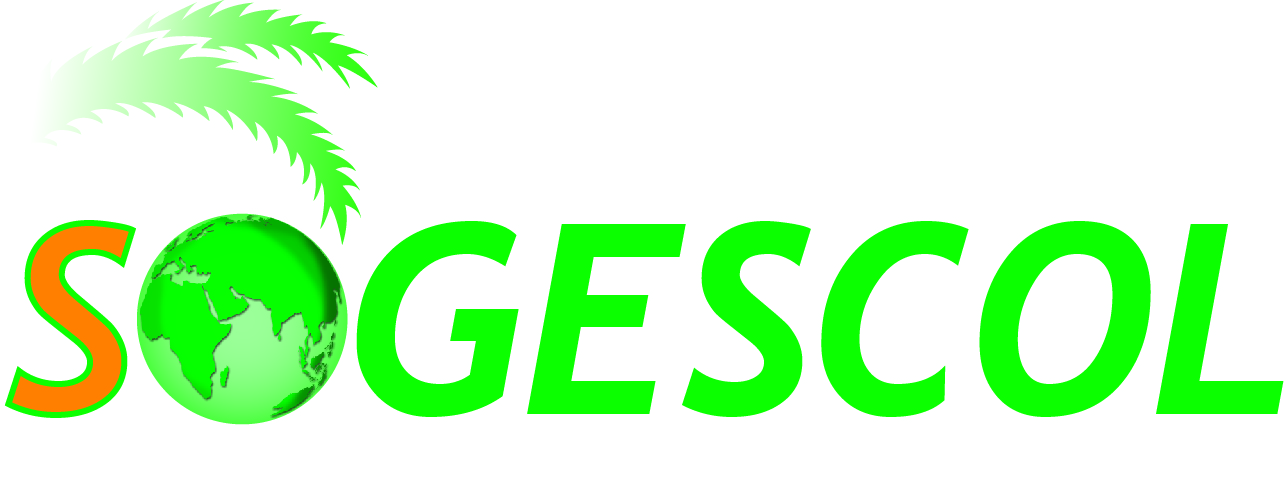
1930
Creation of the Société de Gestion des Caoutchouc et Oléagineux, Sogescol.
1932
Pierre Boulle joins the Plantations des Terres Rouges.
1936
Planting of the first rubber clones.
1940
Robert Hallet manages over 350 000 hectares of concessions: 73 000 hectares of rubber trees, 31 000 hectares of palm trees and 36 000 hectares of coffee trees. At the time, the Group produced 6% of the international rubber market and 20% of the palm oil market. It will gradually withdraw from coffee plantations.
1947
Robert Hallet dies.
1950
Wave of decolonization following the Second World War.

1951
Creation of Socfinaf.
1959
Incorporation of Société Financière Luxembourgeoise, Socfinal, which invests, among others, in Socfin S.A.
1960
Wave of nationalization and expropriation of plantations following decolonization.

1968
In Indonesia, Socfindo is a joint venture between Plantation Nord Sumatra and the Indonesian government.
All the houses have been replaced by permanent buildings. A “movie truck” is touring the plantations to ensure at least one monthly screening, in addition to the traditional shows organized (dance, theater, etc.).
1971
Socfinal invests in La Compagnie Internationale de Cultures Intercultures S.A., Socfin Industrial Development, Socfinde S.A, and La Compagnie du Cambodge (France).

1972
Socfinal participates in the formation of Socfinasia S.A. (Luxembourg).

1973
Zairianization of the Congo plantation.
Birth of the Socfin Group as it exists today. This new structure is the result of the merger of Financière des Colonies with Société Financière des Caoutchoucs. Its vocation at the time was similar to that of today: to study, carry out and manage agro-industrial projects for its clients, or for its own account, plantations and factories throughout the world, while working in close collaboration with research organizations such as the IRHO and the IRCA.

1974
Creation of Socfinco, a consultancy and engineering company that brings together and consolidates the technical and agronomic knowledge acquired. With the Group’s know-how, Socfinco becomes the Group’s technical operator.
At the request of several African and South American states, Socfinco, together with the World Bank and other financing organizations, is carrying out numerous agro-industrial projects: in Côte d’Ivoire, Gabon, Nigeria, Central Africa, Congo Brazzaville, Brazil, Ecuador, etc.

1988
The Bolloré Group becomes a shareholder of the Rivaud Group.
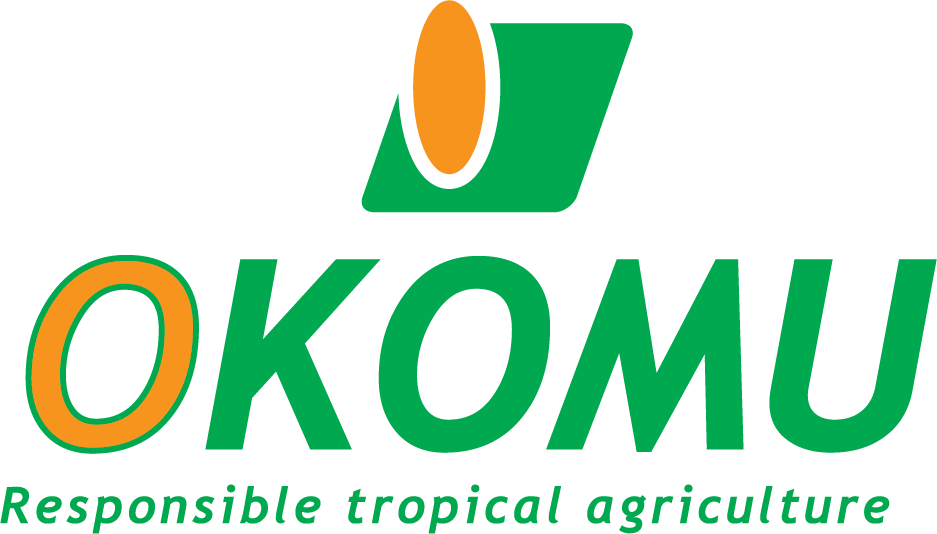
1990
In Nigeria, to optimize palm oil production and meet national demand, privatization of Okomu Oil Palm Company. At the request of the Nigerian government, Socfin becomes the majority shareholder.

Socfin becomes an internationally renowned producer of selected seeds.

1991
The Bolloré Group enters Socfin S.A. and Plantations Nord Sumatra.

1994
In Côte d’Ivoire, privatization of agro-industrial complexes. In the context of a public tender, the Socfin Group obtains a majority in the capital of SOGB, the Société des Caoutchoucs de Grand Béréby. A part of the SOGB shares is put on the stock exchange to allow the local population to participate and a major program of village plantations is launched to promote the opening up of the Grand Béréby region.
In Côte d’Ivoire, a large village plantation program was launched in partnership with Deutsche Investitions und Entwicklungsgesellschaft (DEG) to support the opening up of the region. A second project with the Swiss cooperation was then launched in 1997, the Fonds Ivoiro-Suisse de Développement Economique et Social (FISDES).


1998
In Liberia, after the civil war, the donors (International Finance Corporation and Proparco) ask the Socfin Group to participate in the rehabilitation of the country’s agro-industrial complexes: a modernization of the Liberian Agricultural Company, LAC, and the rubber processing plant of Weala is launched. The first secondary school since the end of the war was opened. The hospital will also be completely renovated.

1999
In Cameroon, the SIPH Group sells SPFS, the Société des Palmeraies de la Ferme Suisse to the Socfin Group.
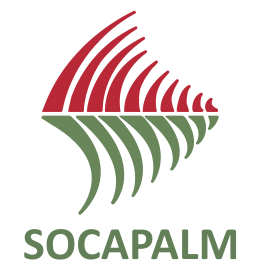
2000
In Cameroon, acquisition of Société Camerounaise des Palmeraies Socapalm as part of a public tender for its privatization.

2004
In Côte d’Ivoire, SOGB took the initiative to contact the government and start the process of becoming a recognized HIV prevention and treatment center.
![]()
The SOGB hospital becomes the first private facility in Côte d’Ivoire to care for people living with HIV.
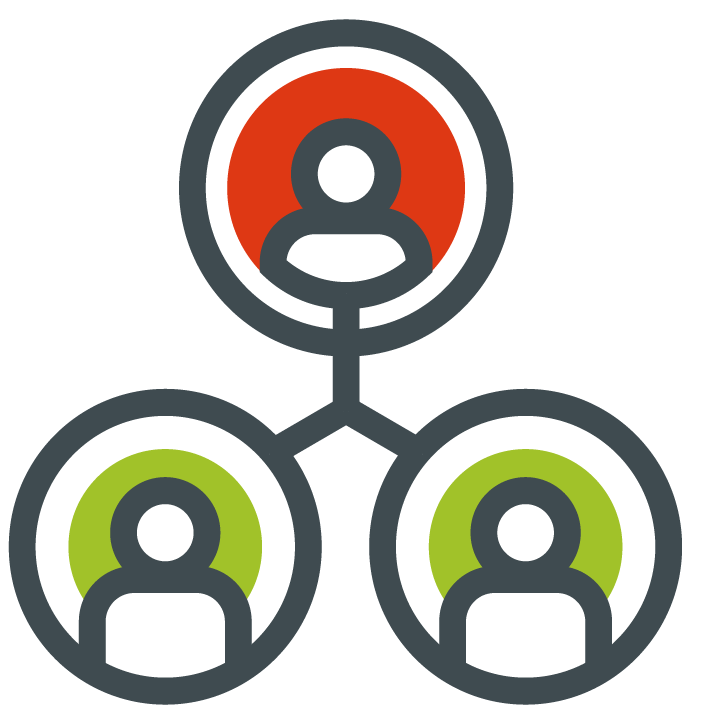
2006
Restructuring of the holding companies in Luxembourg: Socfinasia holds the Asian investments, Intercultures, now called Socfinaf, holds the African participations. Socfin remains the “parent” holding company.
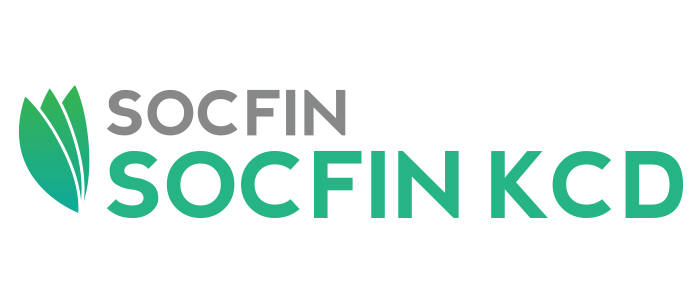
2007
In Cambodia, two concessions were obtained and Socfin-KCD was created.

In Liberia, the Socfin Group, at the request of the Ministry of Agriculture, acquires SRC, the Salala Rubber Corporation.
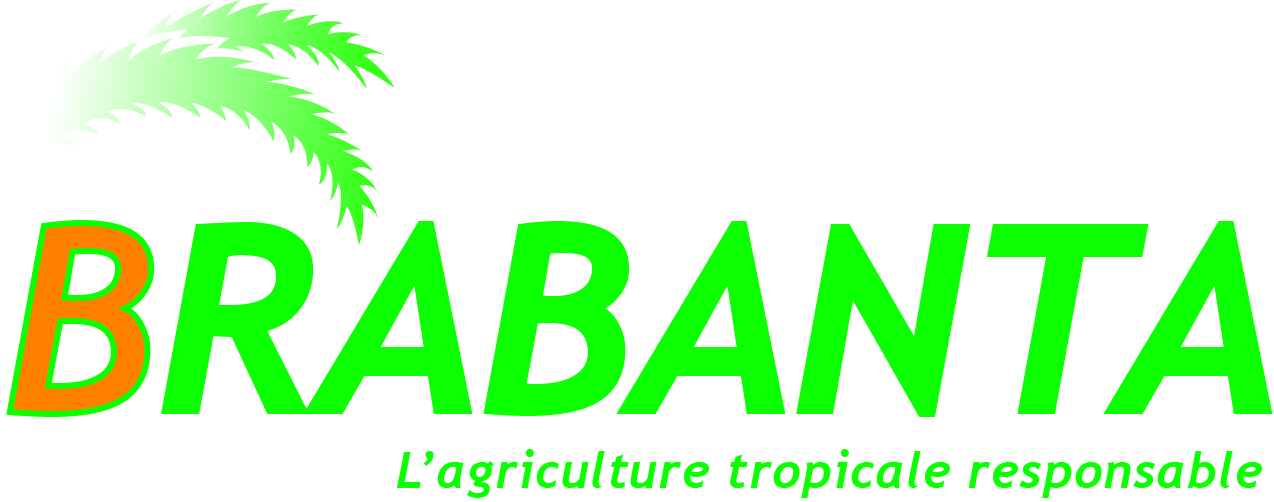
In the Democratic Republic of Congo, rehabilitation of an abandoned oil palm plantation in the Mapangu region: the Brabanta plantation is back in operation.

2008
In Côte d’Ivoire, at the request of the local authorities, creation of a rubber processing plant for the machining of the production, in partnership with the village planters of the Aboisso region (30% of the shares), creation of SCC, the Sud Comoé Caoutchouc company.

2008-2013
Socfin has collaborated with DEG on long-term projects focusing on health and education: intensifying HIV/AIDS prevention and treatment for employees and their families, as well as for neighboring communities, in heavily affected countries where the Socfin Group is present (DRC, Côte d’Ivoire, Cameroon, Nigeria and Liberia).
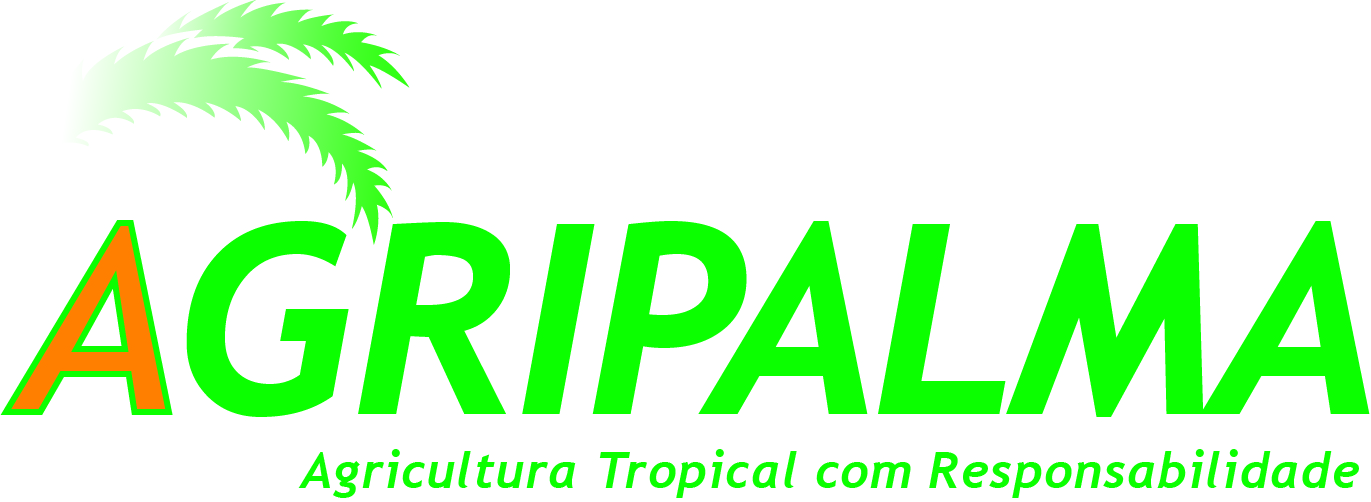
2009
In Sao Tome, in order to create employment and economic activity in the southern region of the country, an agreement is concluded between the Santomean State and the Socfin Group, creation of Agripalma.

2010
In Kenya, under the pressure of urbanization around the city of Nairobi, the Socfin Group sold its Kenyan coffee and rose plantations.
In Sierra Leone, at the request of the Sierra Leonean government and in order to supply the local market with vegetable oil, a modern oil palm plantation is developed in the southwestern region of the country. Creation of SAC, Socfin Agricultural Company.
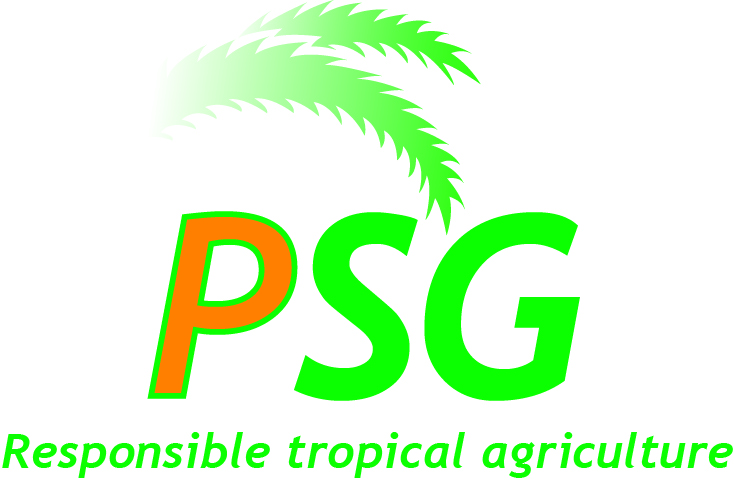
2012
In Ghana, under a public tender, acquisition of the PSG plantation, Plantations Socfinaf Ghana Ltd.

2013
In Cambodia, obtaining the Coviphama concession.

In Cameroon, partnerships were signed with IECD (Institut Européen de Coopération et de Développement) for the development of Family Farm Schools on the Safacam and Socapalm plantations; and with ANAFOR (Agence Nationale d’Appui au Développement Forestier) for the purchase and planting of 3 000 trees for the reforestation of villages and schools and the creation of recreational areas on the plantations
![]()
In order to formalize and consolidate the Group’s agricultural research activities on the one hand, and its actions in the field of renewable energy on the other, the companies Socfin Research and Socfin Green Energy were created.

2014
In Cameroon, the Socfin Group buys Safacam, Société Africaine Forestière et Agricole du Cameroun, from the Bolloré Group.
2015
In Cameroon, Socapalm is the first oil palm plantation in Central Africa to be ISO 14001 certified.
In Sierra Leone, the Pujehun region is the first to be declared Ebola-free, thanks to the support of the SAC plantation.
2016
The Socfin Group is committed to a quality assurance approach in order to demonstrate its ability to provide a high quality product that meets the requirements and expectations of its customers.
![]()
Inauguration of the SAC oil mill in Sierra Leone.
![]()
Inauguration of the LAC dam in Liberia
The Socfin Group publishes its new responsible management policy.
2017
The transparency dashboard is online.
![]()
Expansion of the production capacities of the SOGB and SCC rubber plants in Côte d’Ivoire.

2018
Socfin: founding member of the GPNSR.
![]()
Cambodia: inauguration of the Socfin Cambodia rubber factory.
Nigeria : signature of an MoU between Okomu and Okomu National Park.
2019
Sao Tome: inauguration of the oil mill and renewal of the organic certification of Agripalma.
![]()
Ghana: inauguration of the PSG oil mill.

2020
Nigeria: Okomu has been certified RSPO.
Cameroon: Safacam has been certified RSPO.
Sao Tome: Agripalma has been certified Bio Suisse.

2021
Côte d’Ivoire: SOGB has been certified RSPO.
![]()
Sierra Leone: SAC has been certified RSPO and the solar panels have been commissioned.
Sao Tome and Principe: Agripalma has been RSPO certified.
Cameroon: at Socapalm, the Eséka, Mbambou and Mbongo sites have been RSPO certified.
![]()
Socfin: review of the responsible management policy.

2022
Ghana: PSG has been RSPO certified.
Cameroon: at Socapalm, the Edéa and Dibombari sites have been RSPO certified.
![]()
Socfin: review of the responsible management policy

2023
Cameroon: at Socapalm, the Kienké site has been RSPO certified.
Nigeria: at Okomu, the Extension 2 site has been RSPO certified.
All the Socfin’s palm oil mills have been RSPO certified.
